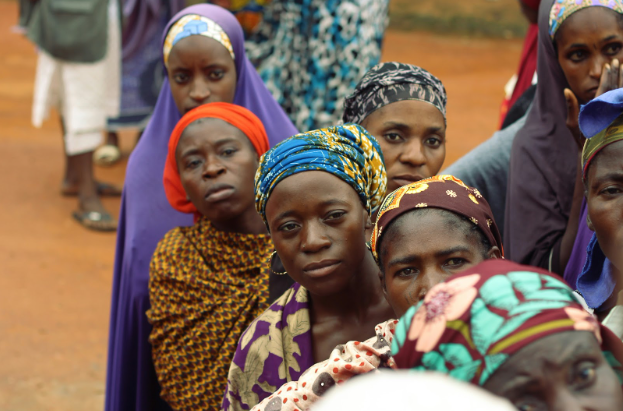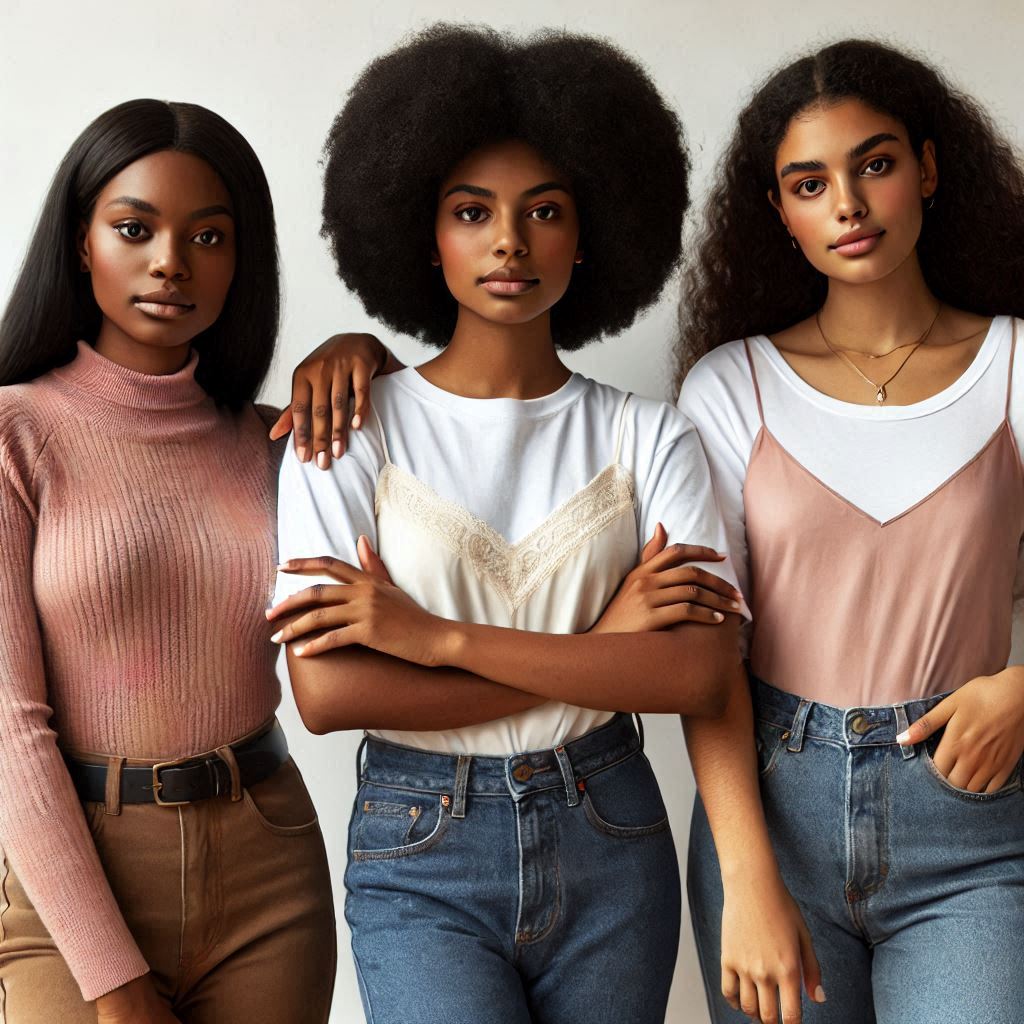
|
Getting your Trinity Audio player ready...
|
Today is June 12. Democracy Day. A day meant to honour Nigeria’s return to civilian rule, and the people who made it possible. But for many women, democracy has never meant power. It has meant labour without recognition. Visibility without access. Praise without protection. Thomas Sankara once said, “There is no true social revolution without the liberation of women.” That idea is not a theory. It is a fact. Every political shift this country has known has been shaped by the work of women. But women are still locked out of the very structures they helped to create.
Before independence, Funmilayo Ransome-Kuti was already leading mass protests and demanding universal suffrage. She was organising market women to resist colonial taxation and push for representation. She did not wait for space to be handed to her. She took it. She travelled abroad to speak on Nigerian self-determination while being harassed at home for questioning patriarchal tradition. Her politics made her a threat to both colonial and indigenous power.
Margaret Ekpo entered politics through the trade union movement. She saw how poor wages and lack of political voice went hand in hand. She mobilised women across class and ethnic lines, and won a seat in the Eastern House of Assembly when few women were even allowed to register to vote. She understood that without women’s representation, party manifestos would continue to ignore women’s realities. She made sure women’s voices were heard.
In the North, Hajia Gambo Sawaba was arrested and jailed multiple times for demanding education and political rights for girls and women. She spoke out against underage marriage, domestic violence, and feudal authority. She led women’s wings of political parties before parties began reducing them to ceremonial figures. She was not respected because she was polite. She was feared because she was consistent.
These women were not passive supporters. They were movement builders. They knew independence without gender justice would reproduce the same power imbalance under a different name. But decades after their struggles, political parties still expect women to play cheerleaders while men hold the mic. During campaigns, women are mobilised to fill stadiums, dance in uniform, distribute flyers, and cook for party elders. But when it is time to share tickets and nominate candidates, they are told to wait their turn, prove loyalty, or settle for deputy positions with no influence.
In the 2023 elections, women won less than five per cent of National Assembly seats. No woman was elected governor. The party structures are built to exclude. Nomination forms are unaffordable. Meetings are held late at night in unsafe places. Party violence is normalised. Harassment is brushed aside. When women insist on running, they face character assassination, social isolation, and threats to their lives. It is not that women are not ready. It is that the system does not want them to win.
Even so, women have not stopped organising. From ElectHER to Women in Politics Forum, they are funding campaigns, mentoring young women, building policy platforms, and monitoring elections. In communities, women run cooperatives, defend voting rights, and provide the social care that political actors ignore. Their work is ongoing. But the country continues to separate that work from what it defines as politics, as though mobilisation and leadership are different things.
Democracy Day should not be a ceremony. It should be a question. Who has power? Who is excluded from it? And who is expected to do the work without reward? Nigerian women have been at the heart of every major political movement this country has seen. They have campaigned, voted, led, and resisted. They have given their time, their money, their safety, and their bodies. They have done the work that holds this democracy together. But what they continue to receive in return is tokenism, gatekeeping, and violence.
Women are not asking to be let in. They have always been in. The question now is whether the country will stop pretending otherwise. Because until Nigeria stops treating women as useful but disposable, this democracy will remain partial, performative, and dishonest. The struggle is not about visibility. It is about power.






